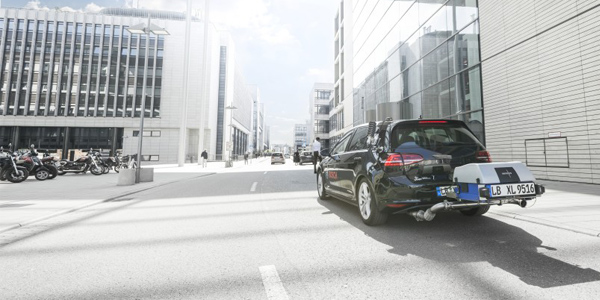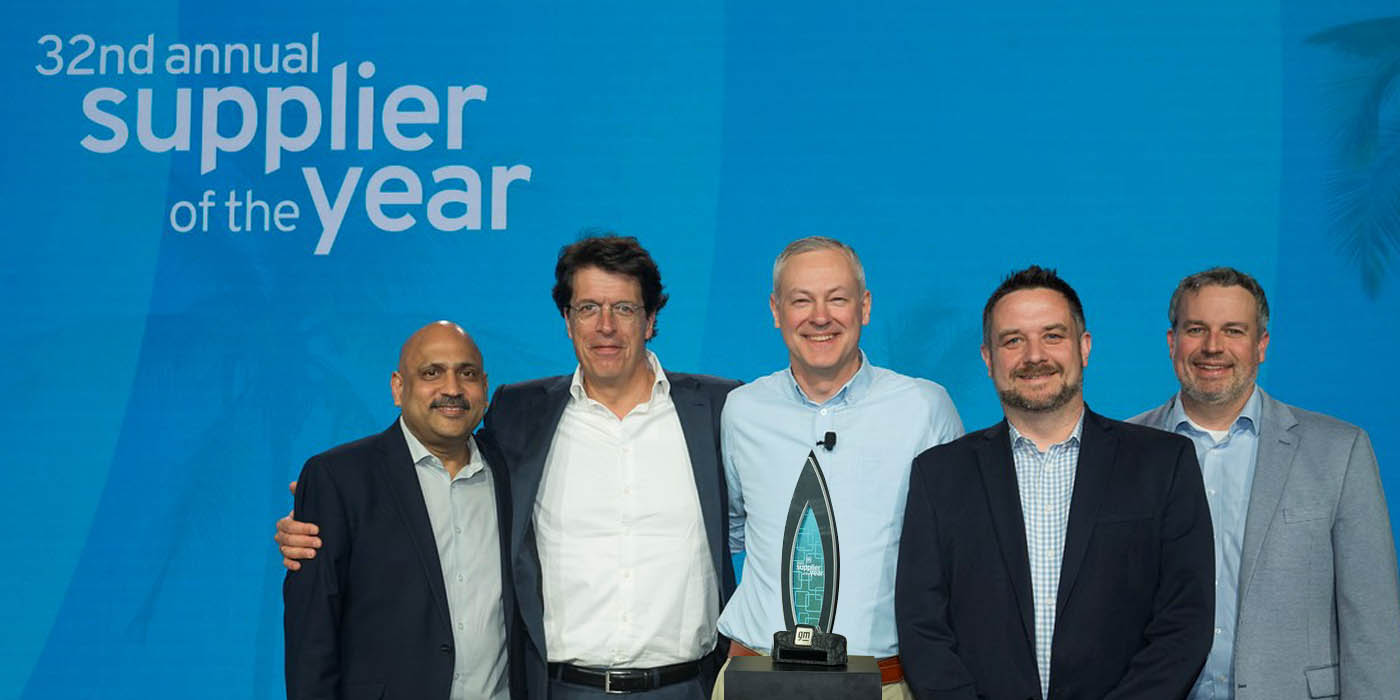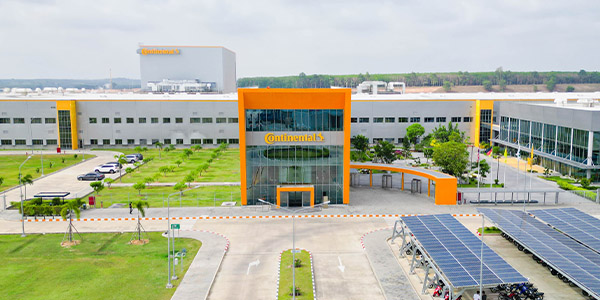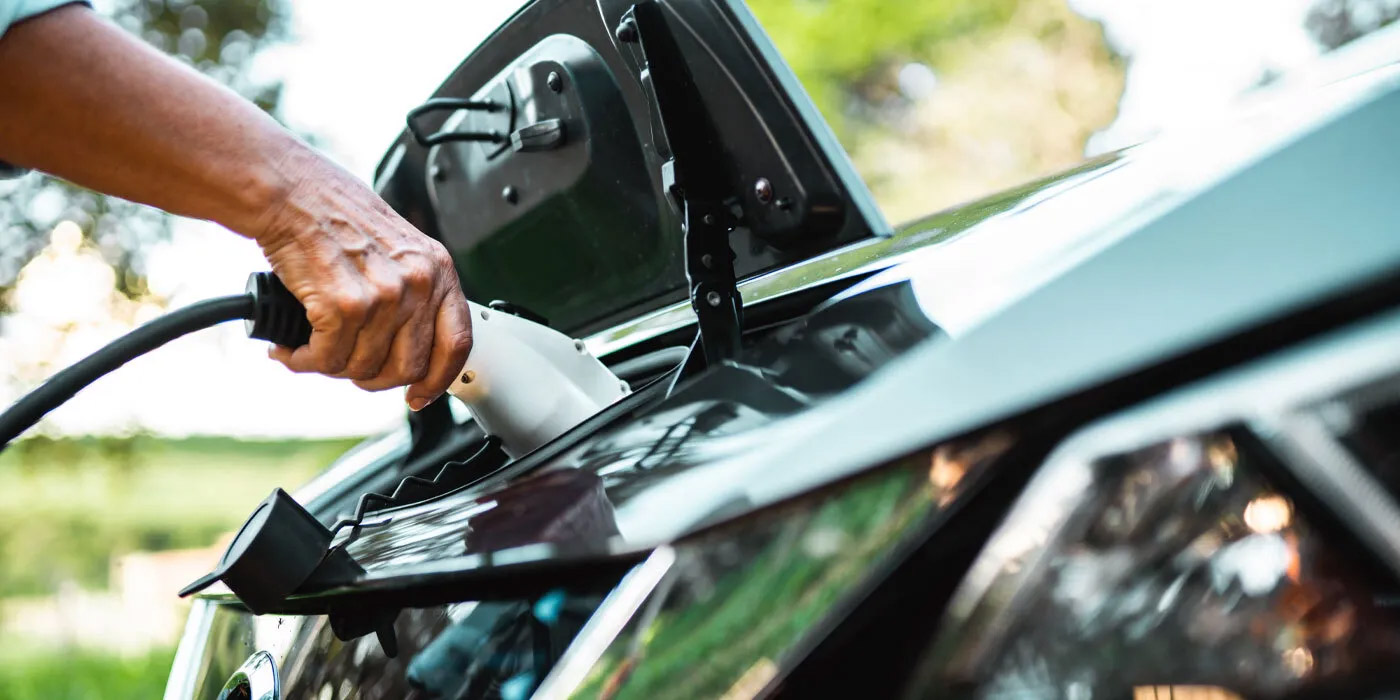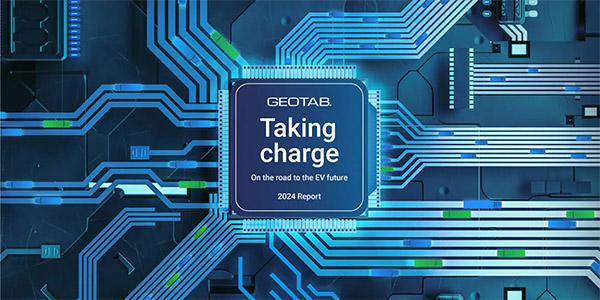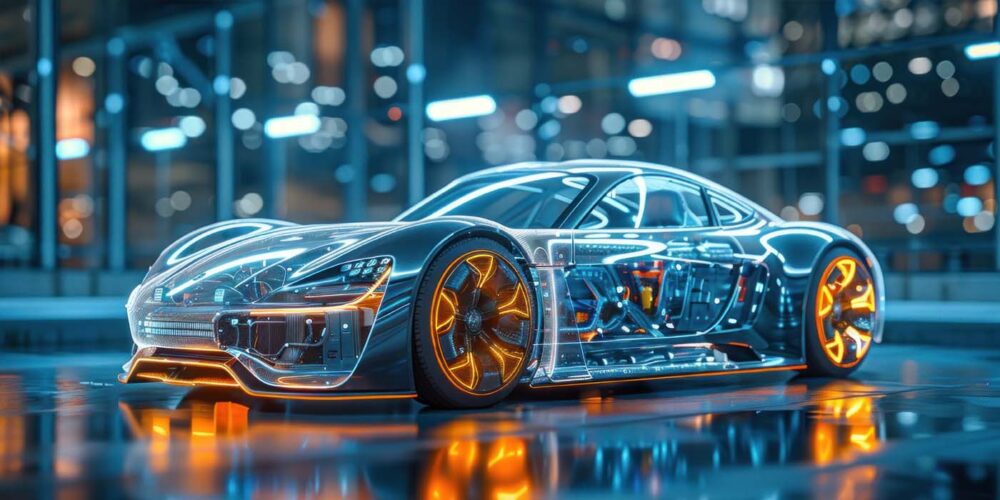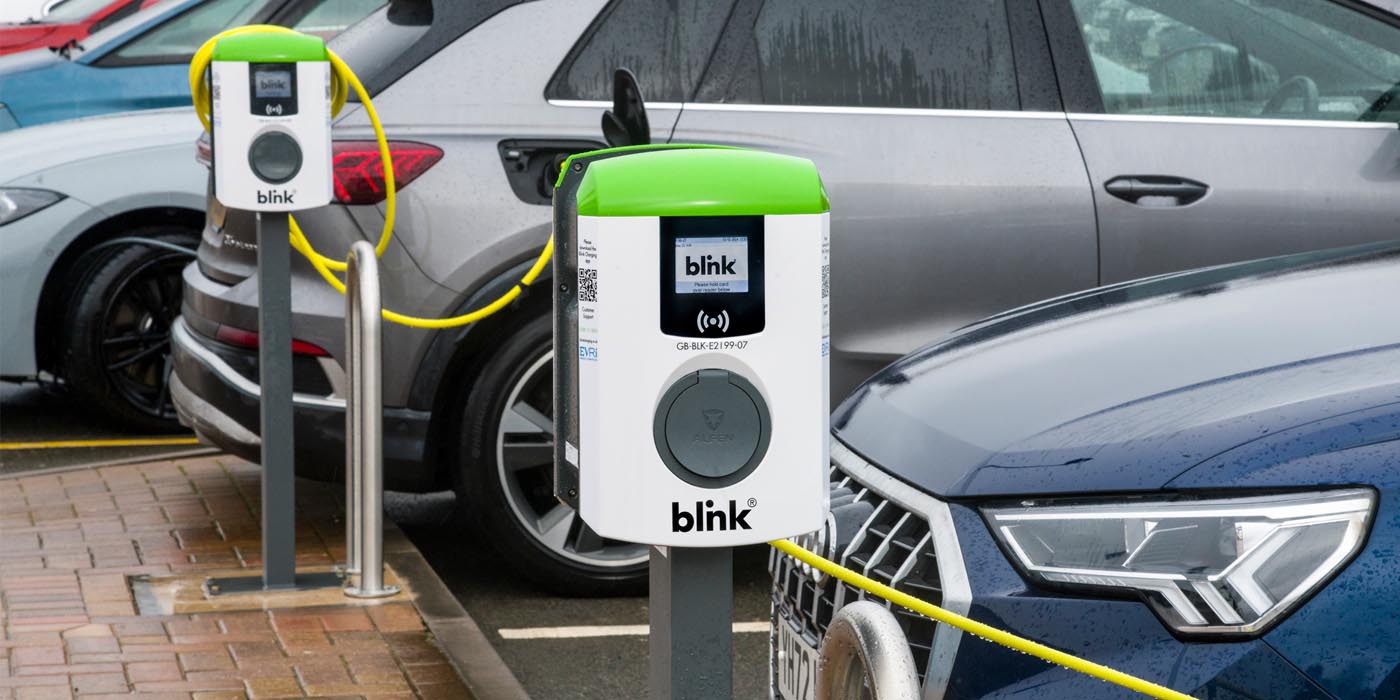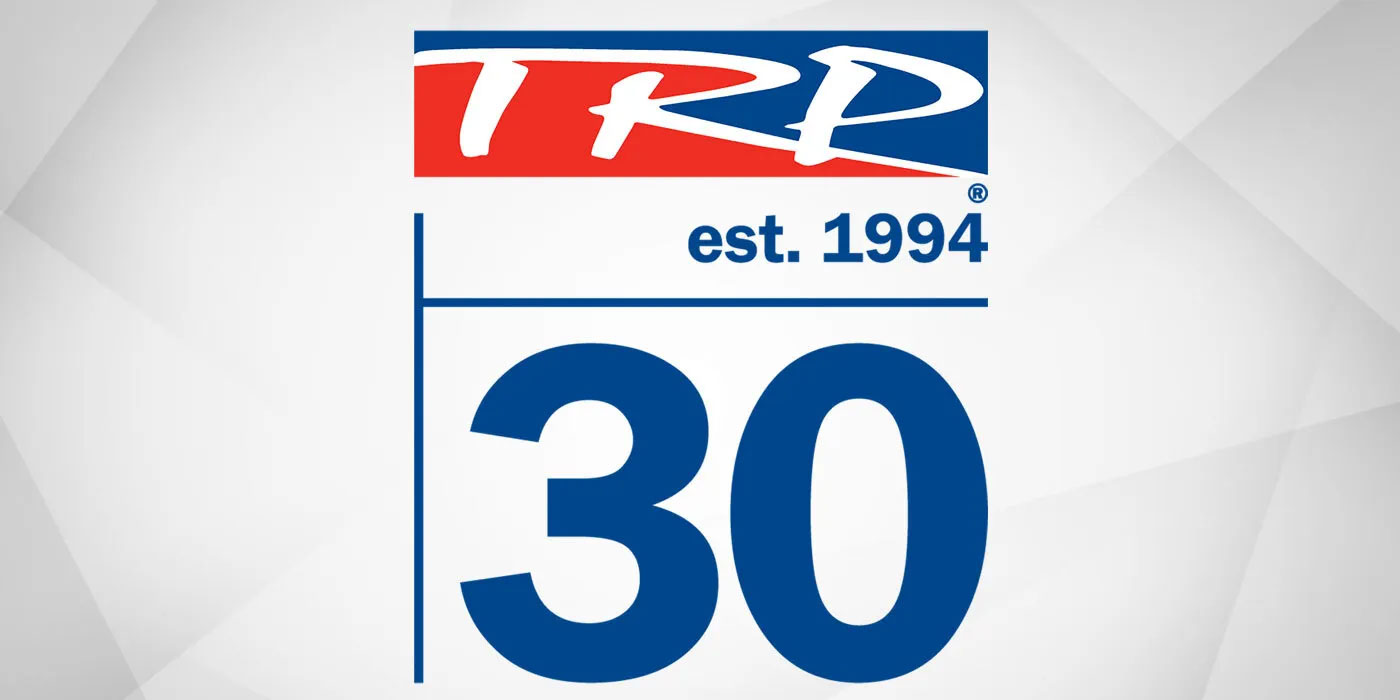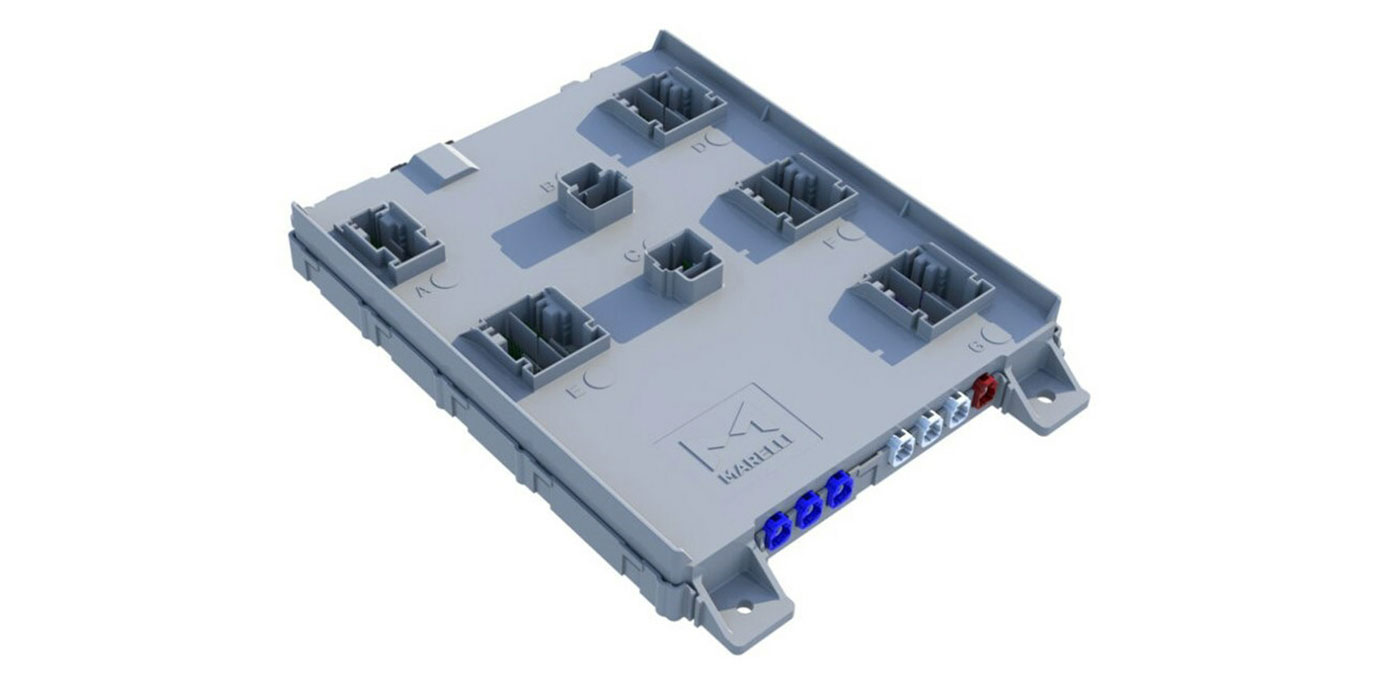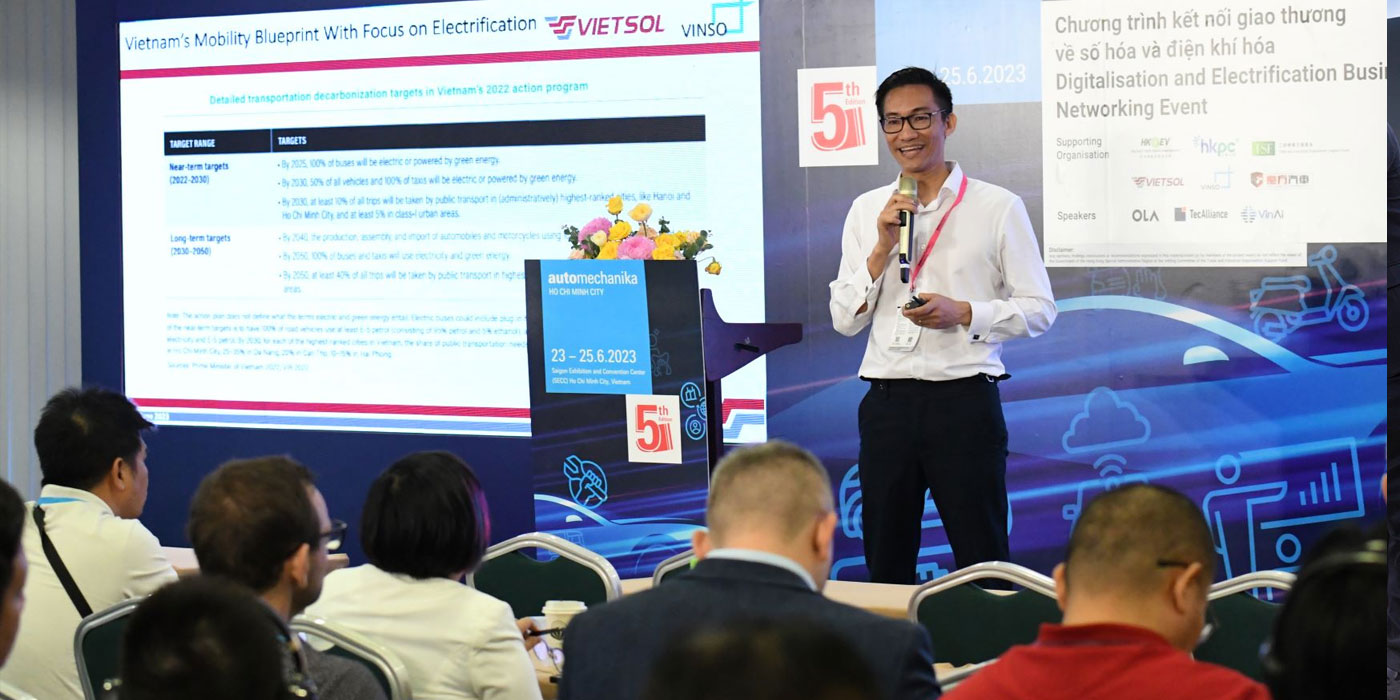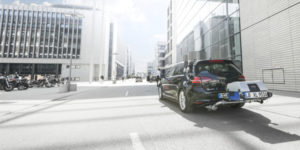 “There’s a future for diesel. Today, we want to put a stop, once and for all, to the debate about the demise of diesel technology.”
“There’s a future for diesel. Today, we want to put a stop, once and for all, to the debate about the demise of diesel technology.”
It was with these words that the Bosch CEO Dr. Volkmar Denner, speaking at the company’s annual press conference, announced a decisive breakthrough in diesel technology. New developments from Bosch could enable vehicle manufacturers to reduce emissions of nitrogen oxides (NOx) so drastically that they already comply with future limits. Even in real driving emissions (RDE) testing, emissions from vehicles equipped with the newly premiered Bosch diesel technology are not only significantly below current limits but also those scheduled to come into force by 2020, Bosch says.
Bosch engineers achieved these results by refining existing technologies. There is no need for additional components, which would drive up costs, the company says.
“Bosch is pushing the boundaries of what is technically feasible,” said Denner. “Equipped with the latest Bosch technology, diesel vehicles will be classed as low-emission vehicles and yet remain affordable.”
The Bosch CEO also called for greater transparency with regard to the CO2 emissions caused by road traffic, and called for fuel consumption and thus CO2 emissions to be also measured under real conditions on the road in the future.
Since 2017, European legislation has required that new passenger car models tested according to an RDE-compliant mix of urban, extra-urban and freeway cycles emit no more than 168 milligrams of NOx per kilometer. As of 2020, this limit will be cut to 120 milligrams. But even today, vehicles equipped with Bosch diesel technology can achieve as little as 13 milligrams of NOx in standard legally compliant RDE cycles, according to the company.
That is approximately one-tenth of the prescribed limit that will apply after 2020. And, even when driving in particularly challenging urban conditions where test parameters are well in excess of legal requirements, the average emissions of the Bosch test vehicles are as low as 40 milligrams per kilometer. Bosch engineers have achieved this decisive breakthrough over the past few months. A combination of advanced fuel-injection technology, a newly developed air management system and intelligent temperature management has made such low readings possible, Denner explains.
NOx emissions can now remain below the legally permitted level in all driving situations, irrespective of whether the vehicle is driven dynamically or slowly, in freezing conditions or in summer temperatures, on the freeway or in congested city traffic.
“Diesel will remain an option in urban traffic, whether drivers are tradespeople or commuters,” said Denner.
Bosch delivered proof of this innovative advance at a major press event in Stuttgart. Dozens of journalists, from both Germany and abroad, had the opportunity to test-drive vehicles equipped with mobile measuring equipment in heavy city traffic, under especially challenging conditions. The results recorded by the journalists, along with the route driven, can be viewed here.
As the measures to reduce NOx emissions do not significantly impact consumption, the diesel retains its comparative advantage in terms of fuel economy, CO2 emissions, and therefore climate-friendliness.
Artificial intelligence can further boost combustion engines’ performance
Even with this technological advance, the diesel engine has not yet reached its full development potential. Bosch now aims to use artificial intelligence to build on these latest advances. This will mark another step toward a major landmark: the development of a combustion engine that with the exception of CO2 has virtually no impact on the ambient air.
“We firmly believe that the diesel engine will continue to play an important role in the options for future mobility. Until electromobility breaks through to the mass market, we will still need these highly efficient combustion engines,” said Denner.

